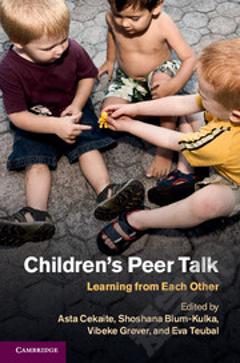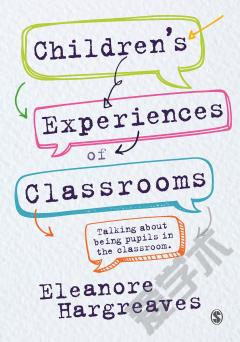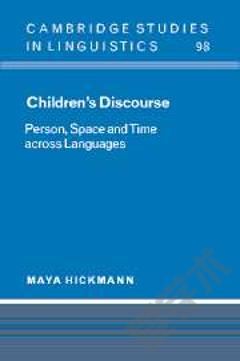Children's Peer Talk: Learning from Each Other
Inside and outside the classroom, children of all ages spend time interacting with their peers. Through these early interactions, children make sense of the world and co-construct their childhood culture, while simultaneously engaging in interactional activities which provide the stepping stones for discursive, social and cognitive development. This collection brings together an international team of researchers to document how children's peer talk can contribute to their socialization and demonstrates that if we are to understand how children learn in everyday interactions we must take into account peer group cultures, talk, and activities. This book will be of interest to students and researchers in the fields of language acquisition, sociolinguistics, pragmatics and discourse analysis, and related disciplines. It examines naturally occurring talk of children aged from three to twelve years from a range of language communities, and includes ten studies documenting children's interactions and a comprehensive overview of relevant research.
{{comment.content}}








 京公网安备 11010802027623号
京公网安备 11010802027623号